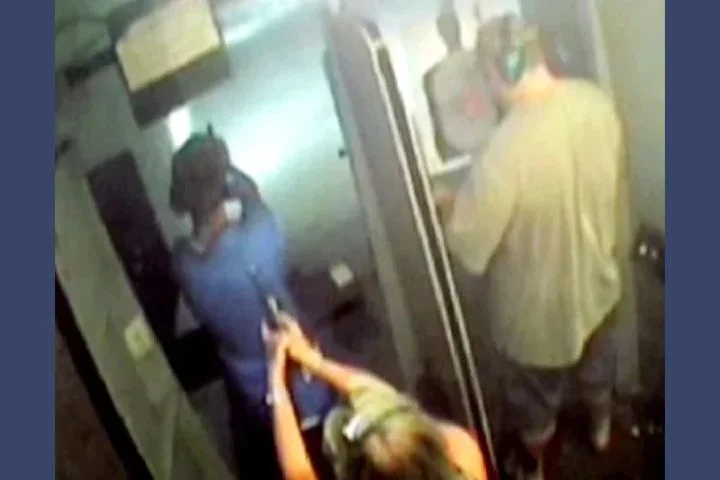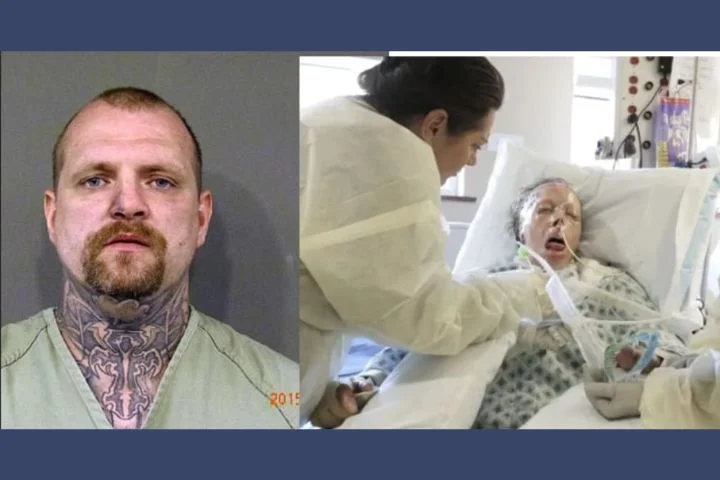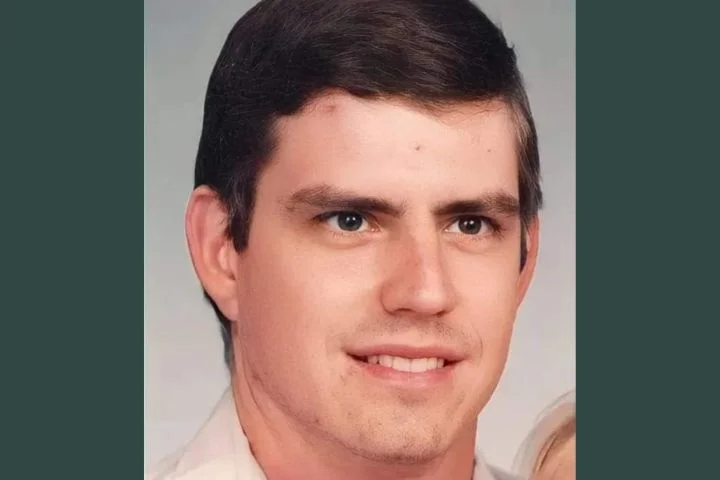A fisherman who di*ed over six years ago was named this week as the prime suspect in three cold-case k*illings in Virginia — including a pair that was once linked to an infamous slaying spree known as the “Colonial Parkway M*urders.”
Alan W. Wilmer Sr. was linked through DNA evidence to the 1987 shooting d*eaths of David L. Knobling and Robin M. Edwards, as well as the 1989 strangulation of Teresa Lynn Spaw Howell, Virginia State Police announced Monday.
Wilmer di*ed in December 2017 at age 63, the state police explained.
“Wilmer had no felonies on his criminal record, so his DNA had never been obtained until it was necessary for identification purposes following his d*eath,” the statement read.
“The Virginia Department of Forensic Science in 2023 issued a ‘Certificate of Analysis’ confirming a genetic match to Wilmer based on evidence collected from the [1987 shooting] and [1989 strangling] victims,” the officials added.
If Wilmer were alive today, “charges would be filed against him in connection with the three homicides,” the Virginia State Police confirmed.
The bodies of Knobling, 20, and Edwards, 14, were found on the south bank of the James River in Isle of Wight County on Sept. 23, 1987, authorities said.
Both victims had been fatally shot, and Edwards was s*exually as*saulted.
The double homicide eventually became known as part of the “Colonial Parkway M*urders,” the unsolved k*illings of four couples around the scenic roadway between Jamestown, Williamsburg and Yorktown between 1986 and 1989.
Now that Knobling and Edwards’ ki*llings are considered solved, there is no forensic or physical evidence suggesting their mu*rders are connected to the other Colonial Parkway cases — and those investigations remain active, Virginia State Police spokesperson Corinne Geller said at Monday’s press conference.
The state police also shared a joint statement from Knobling and Edwards’ families.

“For 36 years, our families have lived in a vacuum of the unknown. We have lived with the fear of worrying that a person capable of deliberately k*illing Robin and David could attack and claim another victim,” the emotional acknowledgment read.
“Now we have a sense of relief and justice knowing that he can no longer victimize another. His de*ath will not allow us to seek out the answers to countless questions that have haunted us for so long.”
Wilmer’s DNA also tied him to the k*illing of 29-year-old Howell, who was last seen outside a popular nightclub in Hampton in the early hours of July 1, 1989, police said.

Around 10 a.m. that day, her body was found on a construction site about 11 miles from where Knobling and Edwards were found.
Howell had been strangled and se*xually ass*aulted, authorities said. Her k*illing was not linked to the Colonial Parkway de*aths.
“[Law enforcement’s] dedication, relentless efforts and evolving technology have brought us closure that we have sought over the last 34 years,” Howell’s family said in a statement shared by Hampton Police Capt. Rebecca Warren.

While we are grateful for the closure that has been provided, nothing will bring Terry back. The void left by her absence over the years is inexpressible,” it concluded.
Police did not say how Wilmer — who went by the nickname “Pokey” — di*ed.
The suspect was 5 feet 5 and weighed about 165 pounds, the state police added.
He had sandy hair, blue eyes and a close-cut beard.
Around the time of the m*urders, Wilmer drove several pickup trucks, including a blue 1966 Dodge Fargo with the Virginia license plate “EM-RAW,” authorities noted.
Wilmer mostly made his living from farming clams and oysters, but also had a tree service business known as Better Tree Service.
He sometimes lived on his commercial fishing boat, the Denni Wade, which he docked at local marinas and shipyards.
He was an experienced hunter and belonged to at least one hunt club in the area.
Police are examining Wilmer’s possible ties to additional cases, and are appealing to the public for any information they may have.
“We recognize relationships and loyalties change over time. As do people and their perspectives. There are occasions where people who may have had knowledge of an incident didn’t feel comfortable coming forward with that information in the past, but we want them to know it’s not too late for them to step forward,” Brian Dugan, the special agent in charge of the FBI’s field office in Norfolk, said at the presser.






